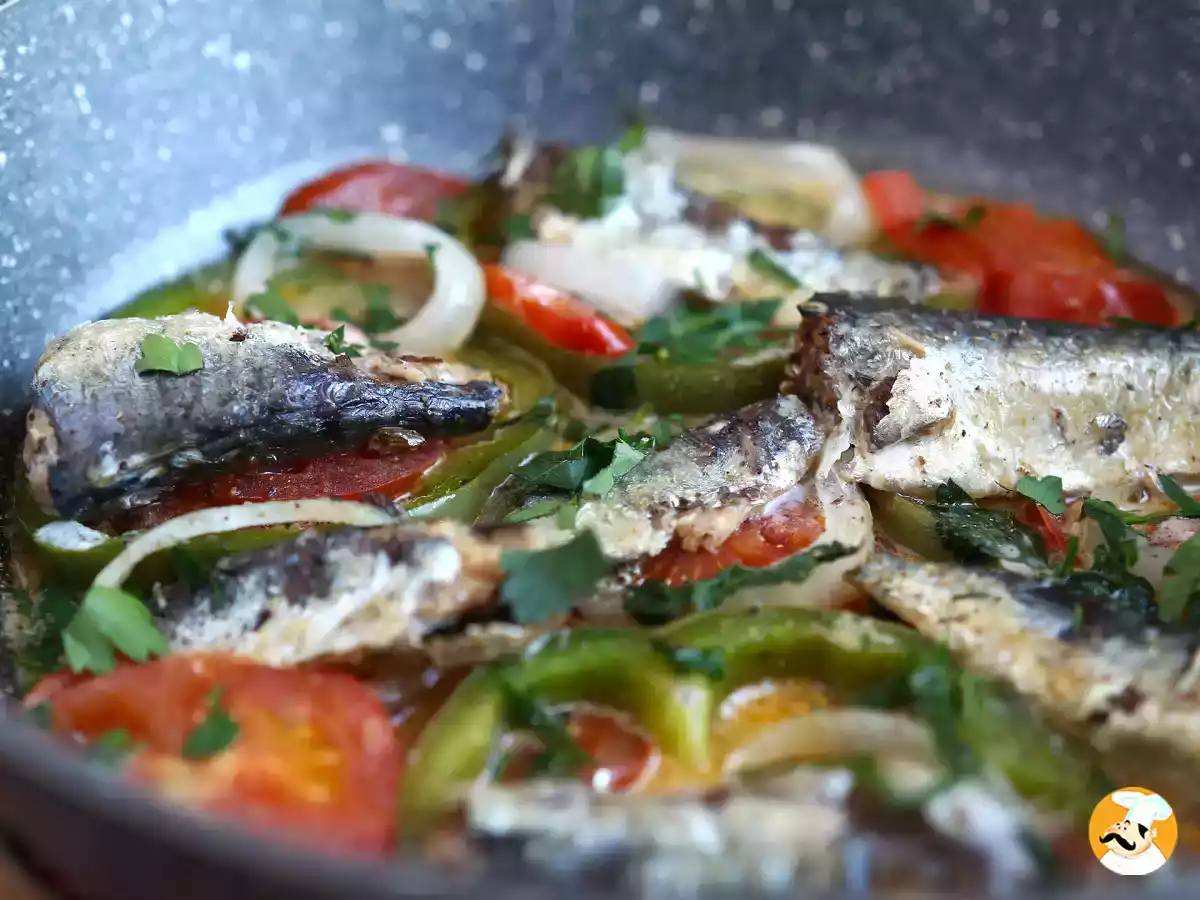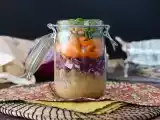Eat to live longer: The science behind anti-aging foods.

Ageing is a natural and inevitable process, but we can slow down its effects and maintain a healthy and vibrant body for longer. One of the most powerful tools for achieving this goal is our diet. By including certain foods in our diet, we can provide our bodies with the essential nutrients to fight free radicals, repair cell damage and promote longevity.
What are anti-aging foods?
Anti-aging foods are those rich in nutrients that have antioxidant and anti-inflammatory properties and help protect the body's cells against damage caused by free radicals. These free radicals are unstable molecules that can damage DNA, proteins and lipids, accelerating the ageing process and increasing the risk of chronic diseases.
What are the main anti-aging foods?
Colorful fruits and vegetables:
- Red fruits: Strawberries, blueberries, raspberries and blackberries are rich in antioxidants, such as anthocyanins, which help protect cells and improve cognitive function.
- Leafy greens: Spinach, kale, arugula and broccoli are excellent sources of vitamins A, C and K, as well as minerals such as iron and calcium.
- Tomatoes: contain lycopene, a powerful antioxidant that helps protect the skin from sun damage.
- Carrots: Rich in beta-carotene, which the body converts into vitamin A, essential for vision and skin health.
Oily fish:
- Salmon, tuna and sardines: These are rich in omega-3 fatty acids, which help reduce inflammation, protect the heart and improve brain function.
Nuts and seeds:
- Almonds, walnuts, Brazil nuts and chia seeds: These are rich in antioxidants, B-complex vitamins and minerals such as magnesium and selenium.
Legumes:
- Beans, lentils and chickpeas: These are sources of vegetable protein, fiber and various nutrients such as iron and zinc.
Whole grains:
- Brown rice, oats and quinoa: They provide fiber, B vitamins and minerals, as well as helping to control blood sugar levels.
How can you include these foods in your diet?
To get the maximum benefits from anti-aging foods, it's important to include them in your diet in a varied and balanced way. Some useful tips include:
- Consume fruit and vegetables at every meal: Add salads, cooked vegetables and fresh fruit to your meals.
- Opt for whole grains: Replace refined grains with whole grain versions.
- Include oily fish in your diet: Eat fish at least twice a week.
- Have healthy snacks: Opt for fruit, vegetables, nuts and seeds as snacks.
- Cook your food in a healthy way: Use healthy cooking methods such as grilling, baking and steaming.
Other healthy habits
In addition to diet, other healthy habits are also important for fighting ageing, such as:
- Practicing physical activity regularly
- Sleeping well
- Managing stress
- Maintaining an active social life
- Protecting your skin from the sun
Conclusion
Food plays a fundamental role in maintaining health and preventing ageing. By including foods rich in antioxidants, vitamins, minerals and other essential nutrients in your diet, you can slow down the ageing process, reduce the risk of chronic diseases and increase your life expectancy. However, it's important to remember that a balanced diet must be accompanied by a healthy lifestyle to get the best results.

Coconut milk chia pudding verrines with granola and raspberries

Apricot energy balls with green tea and coconut

Spanakopita, the greek pie with spinach and feta super easy to prepare

Gyros with salmon, the perfect greek fish sandwich for summer!

Jar salad: our easy-to-make vegetarian version

Chickpea curry, the super gourmet vegan recipe
 Mirella Mendonça
Mirella Mendonça
Comments
Elliot
Informtive and helpful.